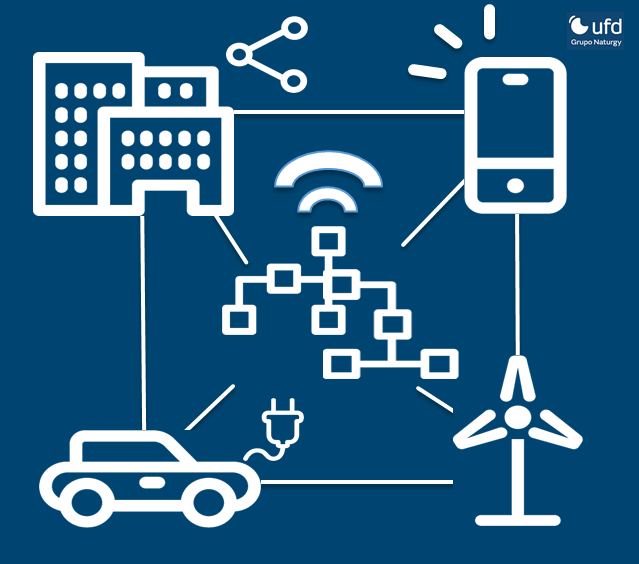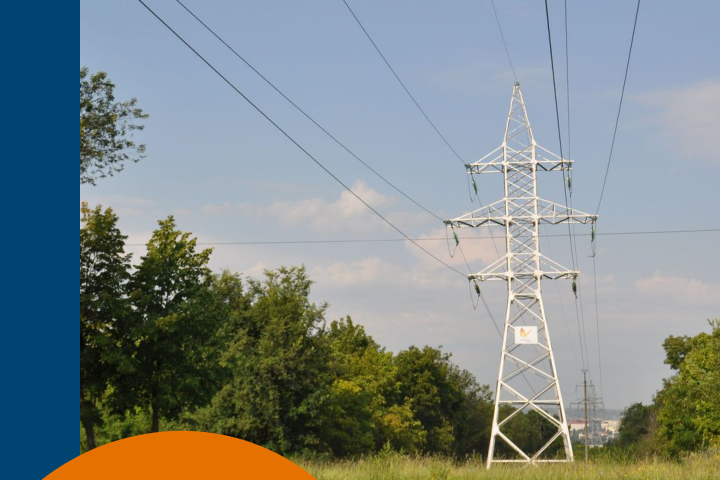The Government recently approved a range of measures to ensure Spain complies with the EU commitments regarding the decarbonisation of the economy by 2050 as part of the Paris Agreement to stop climate change.
To reach these objectives, a change of energy model is required to provide a greater boost to renewable energy and sustainable mobility, in particular electric vehicles, therefore reducing the use of fossil fuels and promoting greater electrification in the economy.
During the energy transition, the electricity distribution networks will play an important role in addressing challenges such as increased electricity consumption, electric vehicle recharging systems and the integration of increased renewable power generation.
On the other hand, we are moving towards a model of multidirectional electricity grids where the users can produce electricity themselves. This means that distribution companies such as UFD have to manage this flow with an intelligent combination of telecommunications, electronic power and control, sensorisation, automation and information and control systems, which enables us to handle a generation and demand that is increasingly widespread and dynamic.
Electricity grids, a central factor in the energy transition

UFD, as a distribution company, plays a leading role in the energy transition and works everyday to anticipate the future of electricity.


